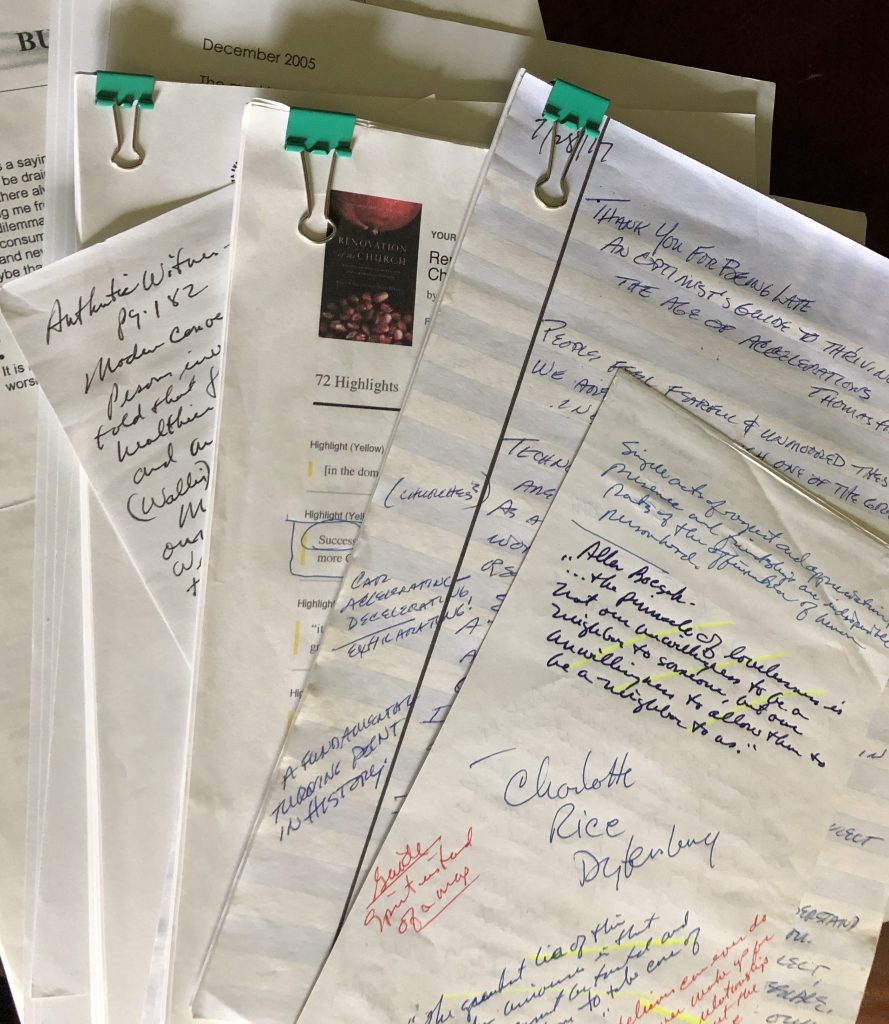
When the world around us changes rapidly, and beyond recognition, it helps if we can hold on to something familiar. These days though, our world has become strange and unfamiliar and the landscape around us
Reading the quote above this morning, I was further convinced that nostalgia (reflective) is a readily available, cheap and effective balm in the midst of this pandemic and attendant social distancing. Not in an addictive way, but, perhaps more akin to a cup of coffee in the morning, only better. (Apologies to my non-coffee friends). I highly recommend both, nostalgia and coffee.
I digress, back to the business at hand. Picking up from Part (1). Perhaps you listened to Shaun Casey’ s lecture.If not, it is available here: https://youtu.be/ukrGmEC5ZzA
So the question is, why is Casey in such a twit about nostalgia? I took it a bit personally, since I count myself as one who thinks nostalgia is good thing. In fairness, I lifted his comments on nostalgia from a speech of which the subject is much broader than nostalgia. If he had used the term “restorative nostalgia” as previously defined, instead of simply nostalgia, I think that would have gone along way in clarifying and justifying his concern. (I could be helpful to re-read my citation of his remarks and insert restorative before nostalgia)
Nostalgia is powerful. Nostalgic moments produce feelings that are rarely replicated in other experiences. Unfortunately, it does not matter whether memory is manufactured, misbegotten or real, the emotional and motivational impact is the same. Given the pleasurable experience of nostalgia, available at no cost and little effort, there is little incentive to discriminate between good and harmful nostalgia. However, the consequences of indiscriminate nostalgic indulgence can be harmful, or, even catastrophic.
In Casey’s speech, he understands and rejects Evangelical Christianity’s response to the rage against violence and injustice in our society that is shaped by a restorative nostalgic ideal of “Traditional Christianity”. I think he contends correctly, such response has not and will not make our society healthier, much less more “Christian”.
It is a restorative nostalgic impulse fuels “Make America Great Again”. That same impulse motivated and sustained the Restoration movement of my religious heritage and countless other religious restoration movements, all …” pursuits of that which never was in the pursuit of addressing some perceived current malady.“
Restorative nostalgia is a not a virtuous recollection of the past. Rather, it is an intellectually lazy and dishonest reliance on unreliable memory. It is naive and enables avoidance of daunting and complicated realities and the hard work necessary for solutions. It is enabled by our enlightenment ethos that believes whatever one perceives, is truth for them. Therefore, it is non-partisan, neither the left nor right’s “good ole days” hold the answer.; “Truth” cannot be compromised, gridlock prevails.
There is a temptation to ascribe restorative nostalgia to others and exempt ourselves.
Be careful, you may be a “restorative nostalgic” if: you are saying things like: “I wish we could just get back to the basics.” … “Just give me that old-time religion”…”We didn’t have these problems when ____” … “They just don’t make them like they used to,” et al.
I am not implying there are not valuable lessons to be learned and remembered from the past. We cannot recreate the past, neither can we ignore it. As one author observed, “Good” and “bad” nostalgia are defined by our expectations about what those memories can do for us. It is not the past itself, but rather our attitude toward the past, that makes all the difference. Restorative nostalgia is based on unrealistic and /or irrational expectations and therefore will always disappoint.
I think I better understand why Shaun Casey was in such a twit over nostalgia. First, I owe him an apology for reducing his ardent passion to twit. What I am able see now is Casey’s outrage at people who, by virtue of their faith in Christ, bear responsibility to reflect His image in the world around them but choose restorative nostalgia rather than grappling with reality. Put simply, they spin fairy tales and proclaim them to be truth.
Nostalgia is analogous to opioids, and should be treated as a controlled substance. Administered in proper doses (reflective) it is a wonderful and powerful treatment that heals. Abuse of nostalgia (restorative) is additive and destructive. One is led to a false sense of reality that restrains healthy and productive lives. Unfortunately, the FDA does not recognize nostalgia as a controlled substance. Each of us can dispense it at will.
Hopefully, these posts have stimulated some thought about the value and peril of nostalgia. I plan on one final post which will address nostalgia and marketing. Thanks for reading
Thanks George. I always enjoy your blog.